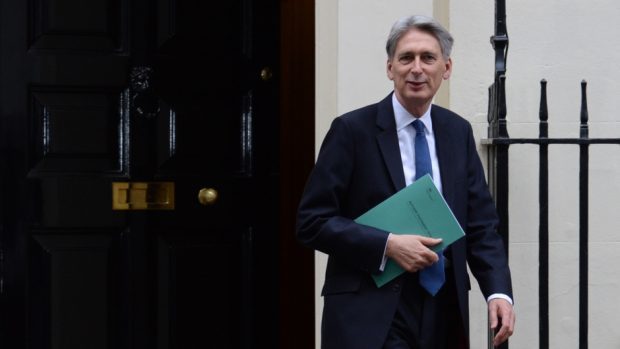Philip Hammond cut a relaxed figure at the Despatch Box yesterday.
Many had expected another monotonous delivery like his conference speech.
But he was confident; he even tried his hand at a few jokes.
Some were actually funny – “That’s complicated, but it’s good news,” he declared after an announcement on transitional tax relief.
And there was a sense of theatre to boot.
“This is my first Autumn Statement as chancellor. I have decided it will also be my last,” he proclaimed dramatically.
Had rumours of his plan to abolish it altogether not been circling in advance, he would have had the audience right where he wanted them.
Such a performance was needed.
While the focus was and rightly should have been on the contents of the mini-Budget, the occasion was also a personal challenge for the Tory frontbencher.
It was a chance to make the job his own, to assert his authority, to banish George Osborne’s ghost from the front bench once and for all.
He seized it.
There was a quick tribute earlier on, praise for his predecessor’s skill at pulling rabbits from hats.
And then he moved on.
“My style will, of course, be different from his,” he said.
Not just style, of course.
This was a clean break with the past.
In one fell swoop, he abandoned Osborne’s flagship plan to reach a budget surplus by the end of the decade.
Instead the books will be balanced “as early as possible” in the next parliament, with soaring borrowing post-Brexit.
This is hardly behaviour characteristic of the responsible bank manager Hammond has oft been compared to.
But then again, it’s a brave new world.
Or as he put it – “a new chapter in our country’s history”.
